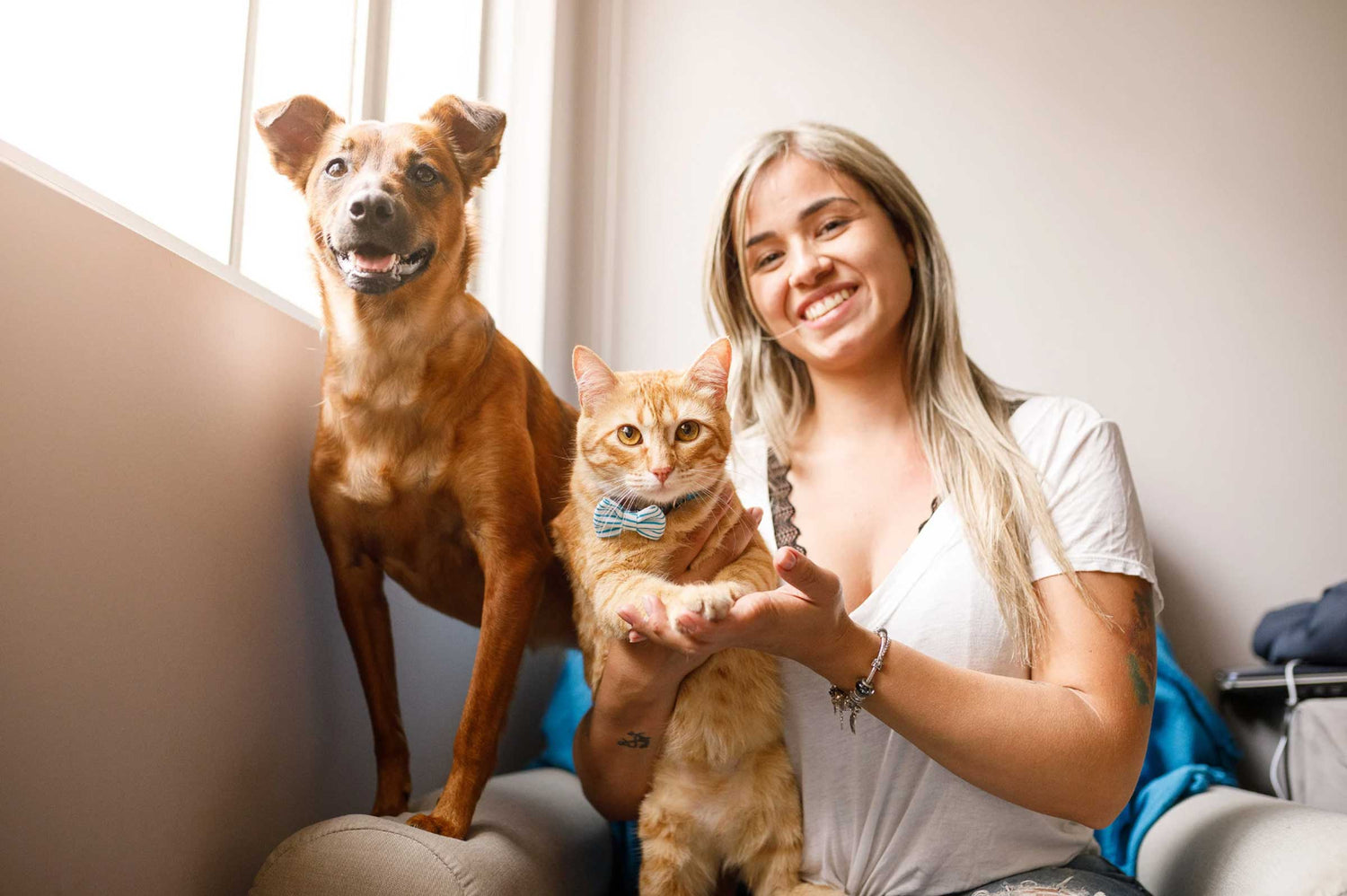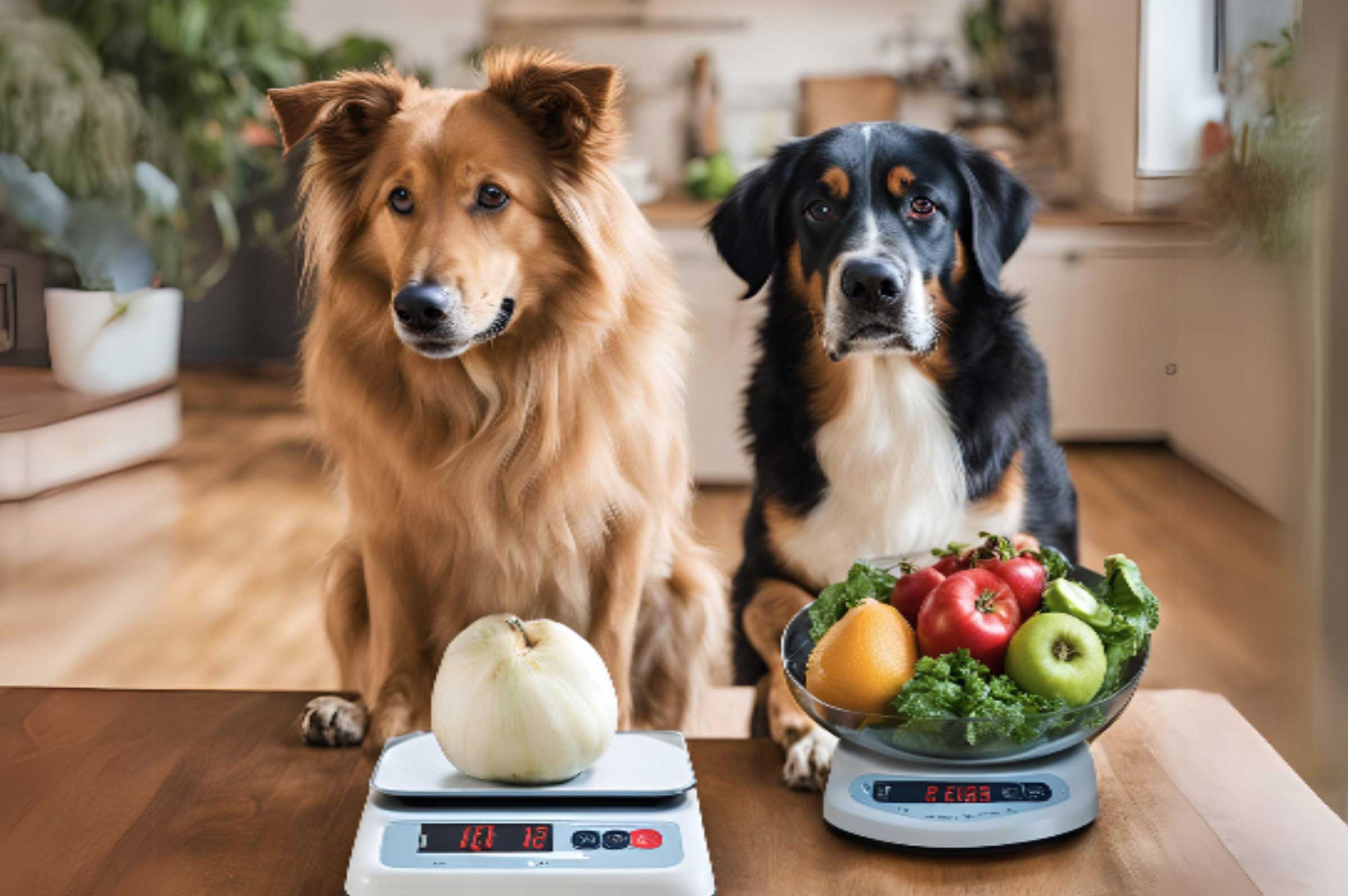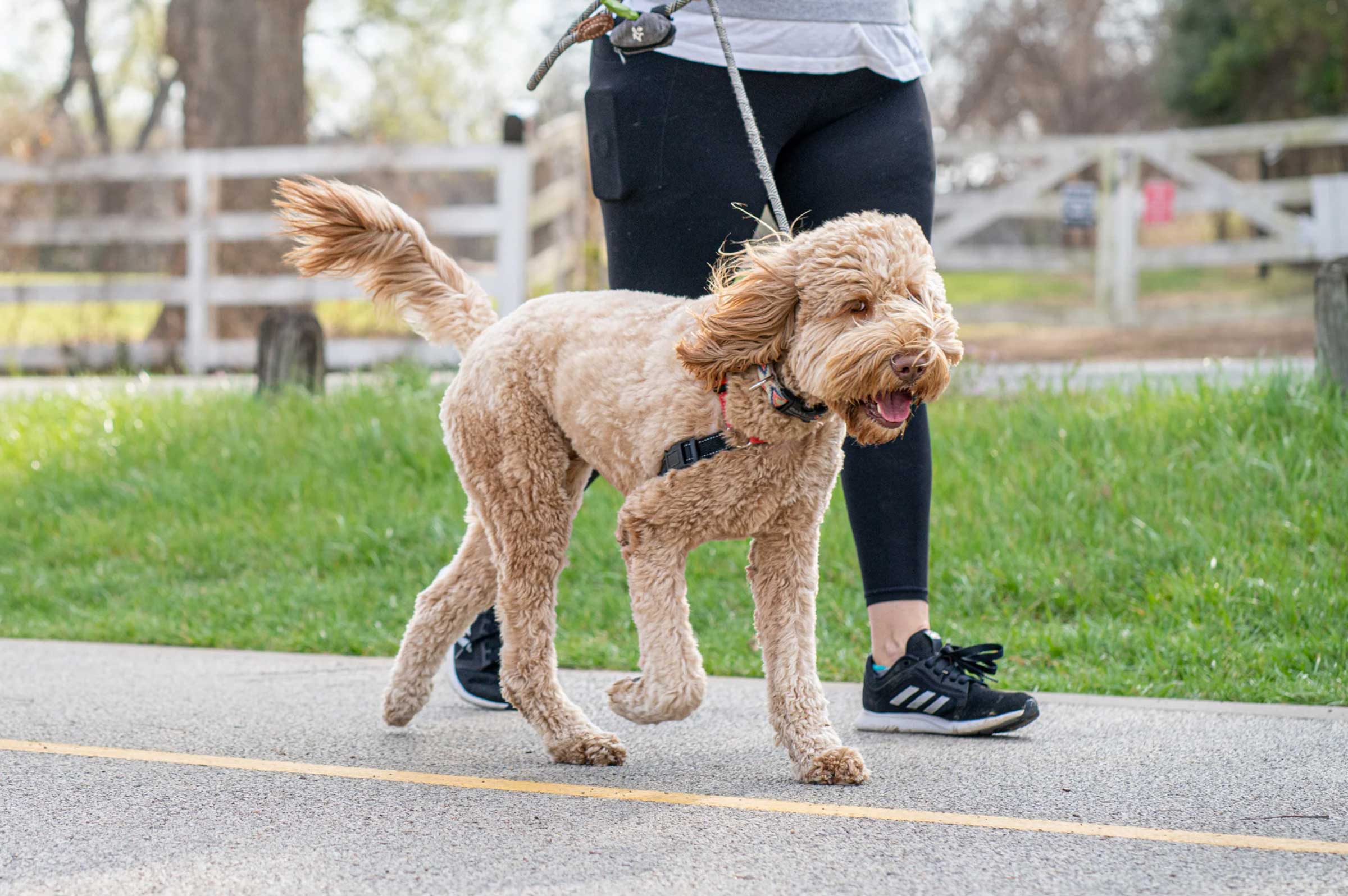Raising a friendly dog begins with effective socialization—a crucial aspect of canine development that shapes your pet's behavior and interactions for a lifetime. Socialization is more than just exposing your dog to new experiences; it's about creating positive associations that foster confidence, reduce fear, and encourage appropriate responses in various situations. Without proper socialization, dogs may develop behavioral issues such as aggression, anxiety, or fearfulness, which can strain the human-animal bond and make everyday life challenging.
In this comprehensive guide, we'll explore the essential strategies for socializing your dog, whether you're starting with a new puppy or working with an adult dog. From understanding the importance of early socialization to overcoming challenges later in life, we'll provide you with actionable insights to help your dog become a well-adjusted and friendly companion. Let's delve into how you can make socialization a rewarding and enjoyable process for both you and your furry friend.
Understanding the Importance of Early Socialization
The first few months of a puppy's life are critical for social development, according to Texas A&M’s Veterinary Medicine and Biological Sciences Department. During this period, puppies are more receptive to new experiences, making it the ideal time to introduce them to various environments, people, and other animals. Early socialization helps prevent behavioral problems by teaching your puppy how to interact appropriately with the world around them. This foundational stage sets the tone for their behavior as adult dogs, influencing their ability to handle new situations with confidence.
Neglecting early socialization can lead to fearfulness and aggression, as dogs may become anxious about unfamiliar people or settings. A well-socialized puppy is less likely to exhibit undesirable behaviors such as excessive barking, biting, or cowering. By prioritizing socialization from the start, you're investing in your dog's emotional well-being and ensuring they grow up to be a friendly and adaptable companion.
Introducing Your Puppy to New Experiences
When introducing your puppy to new experiences, it's important to do so gradually and positively. Start by exposing them to different environments like parks, busy streets, and pet-friendly stores. Allow your puppy to explore these settings at their own pace, offering treats and praise to reinforce positive behavior. This approach helps your puppy associate new places with pleasant experiences, reducing the likelihood of fear or anxiety.
Meeting new people is another essential aspect of socialization. Encourage friends and family members to interact gently with your puppy, providing treats and gentle petting. This exposure helps your puppy become comfortable with various types of people, including children and individuals wearing hats or uniforms. Remember to monitor your puppy's reactions closely; if they show signs of stress, take a step back and proceed more slowly to ensure each interaction remains positive.
Building Positive Associations with Other Dogs
Socializing your dog with other dogs is crucial for developing proper canine communication skills. Begin with controlled interactions with well-behaved, vaccinated dogs to ensure safety. Supervised playdates or puppy classes offer structured environments where your dog can learn appropriate play behaviors and social cues. Positive interactions with other dogs teach your pet how to read body language and respond appropriately, which is essential for preventing conflicts.
It's important to monitor all interactions to prevent negative experiences that could lead to fear or aggression. If your dog seems uncomfortable, intervene calmly and redirect their attention. Consistently reinforcing positive encounters with praise and rewards will help your dog develop confidence around other dogs. Over time, these positive associations contribute to raising a friendly dog who enjoys the company of their canine peers.
Overcoming Socialization Challenges in Adult Dogs
Socializing an adult dog can be more challenging but is still entirely possible with patience and persistence. Adult dogs may have established fears or anxieties due to a lack of early socialization or past negative experiences. Begin by identifying your dog's specific triggers and introducing them slowly in controlled environments. Use positive reinforcement techniques to reward calm behavior, gradually building your dog's confidence.
Working with a professional dog trainer or behaviorist can be highly beneficial for adult dogs with significant socialization challenges. These experts can provide personalized strategies and support to address your dog's unique needs. Remember, progress may be slow, but with consistent effort, you can help your adult dog become more comfortable and friendly in various social situations.
Maintaining Ongoing Socialization Throughout Your Dog's Life
Socialization is not a one-time event but a lifelong process. Continually exposing your dog to new experiences helps reinforce positive behaviors and adaptability. Regularly taking your dog to different environments, introducing them to new people and animals, and engaging in varied activities can prevent the development of new fears or anxieties.
Incorporating socialization into your dog's routine keeps their social skills sharp and enhances their quality of life. Enrolling in advanced training classes, participating in dog sports, or simply varying your daily walks can provide ongoing opportunities for social interaction. A well-socialized dog is not only friendly but also more resilient and better equipped to handle changes in their environment.
Conclusion
Raising a friendly dog through effective socialization enriches both your life and your pet's. By investing time and effort into introducing your dog to a wide range of experiences, you nurture their ability to interact positively with the world around them. A well-socialized dog is happier, more confident, and forms stronger bonds with their human companions.
As you embark on this journey of socialization, consider supporting your dog's health and well-being with VetSmart Formulas supplements. Our veterinarian-recommended products are designed to provide the essential nutrients your dog needs for optimal health. Visit our website today to explore our range of supplements and take the next step in raising a friendly, healthy dog.










